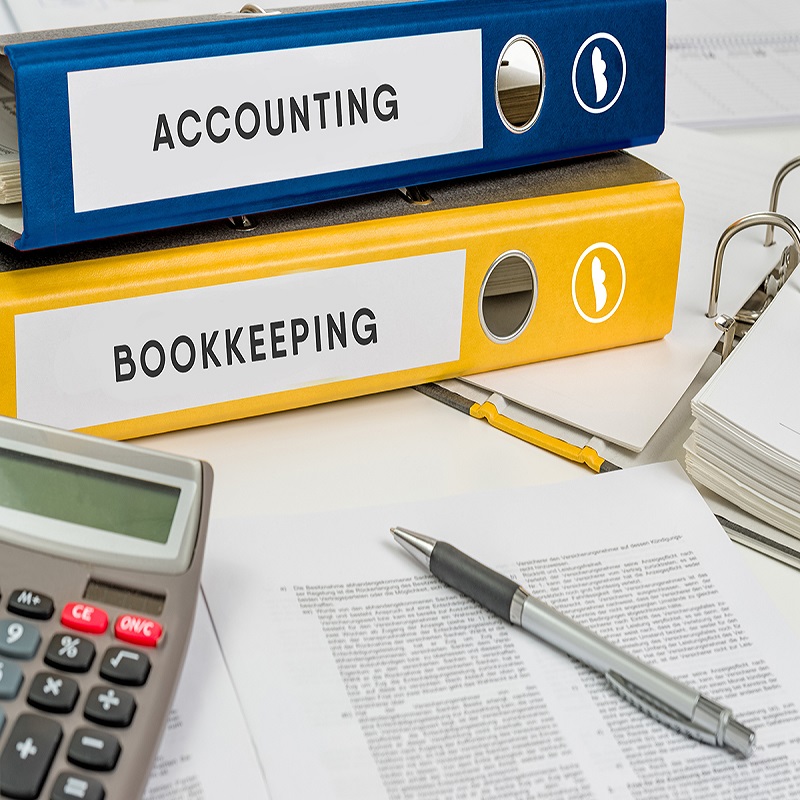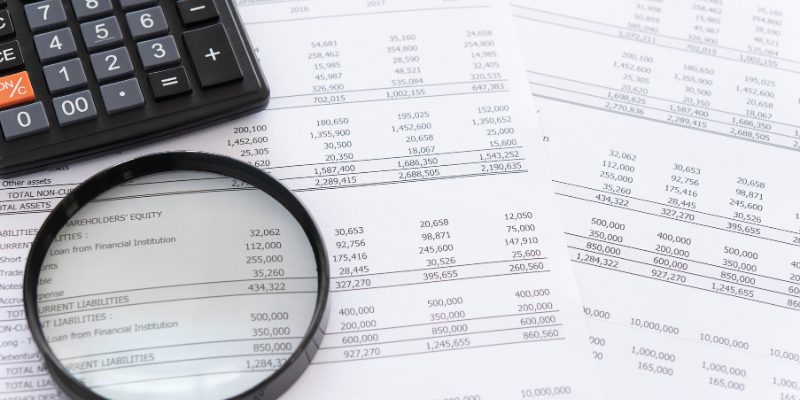
When it comes to cash, failing to keep track of cash flow can hinder business growth and your ability to reduce costs due to inaccurate records. We recommend using your business checking or debit card to help you track expenses automatically. This is where it’s essential to keep your business and personal finances separate.
Tracking income and every business expense. Now let’s review some of the basic steps involved with bookkeeping and accounting. Accounts payable is the money a company owes its vendors. Accounts receivable is the money customers owe to your company when they have been invoiced. Revenue is the income your company brings in on a sale. An asset is an item your business owns, like a scanner or computer equipment, if it is not rented. A liability is an item you owe money for, like a small business loan. An expense is one of the things that you pay for, like your office supplies or location rental. A sale is a business transaction for which you receive cash. To manage your accounting, let’s start by getting familiar with and earning a basic understanding of a few accounting terms: Managing your company’s accounting and bookkeeping requires consistent attention and a detailed eye. How Should I Manage My Company’s Accounting & Bookkeeping? Financing: How much cash have you invested into your business, including how much you’ve borrowed. Investing: How are the assets purchased for the business paying off?. Operating: How much does your business earn from one day to the next?. The cash flow statement places your business cash flow into three categories of activities: The cash flow statement: This statement shows where cash is going. 
The profit and loss statement summarizes your revenue less expenses for a given period, usually by quarter.
The profit and loss statement: This statement shows if your business is profitable. It breaks down what you owe in comparison to what you own. The balance sheet will show your business’s assets, liabilities, and equity. The balance sheet: This sheet explains how much your business is worth. Receiving payment from customers on timeĬommon financial documents needed for your business. Preparation for planning for the future of your business. A better understanding of your business financials and where you stand. Organizing company financial documentation to be prepared for financing and tax filing. Timely account reporting lets you know if you are profitable sooner rather than later when it might be too late. Now that we know what they are, let’s discuss why each is important. We use this information in financial planning and forecasting. Analyzing and reconciling all Balance Sheet AccountsĪ significant part of accounting is using financial reports to make business decisions and understand your business’s profitability and cash flow. Accruing for expenses that have occurred but not been recorded. Analyzing Financial Statements for variances. Producing Relevant Financial Statements. Accurate bookkeeping requires that you regularly:Īccounting uses financial data from your bookkeeping to produce economic models for your business. Through bookkeeping, you gather the needed financial information to run your business successfully. Let’s start with defining each service: What is Bookkeeping?īookkeeping is the practice of recording the financial transactions of your business. Devine Consulting’s straightforward guide will explain the differences between the two functions. With proper accounting, you have the insights you need from the information derived from your bookkeeping efforts to understand the financial health of your business. 
While accounting keeps you organized, determines your profitability, helps you save time and money, and guides the plans for the future of your business. Succinctly described, bookkeeping is the process of recording your company’s financial transactions into organized accounts daily. Knowing the difference between the two is essential to understand better what your business needs and where it stands financially are crucial. While both disciplines manage finances and help manage your bank statements and receipts, the two are not created equal. If this sounds like you, you’re not alone.

Businesses specialize in their area of expertise which often doesn’t include finance, and they are confused about the difference between bookkeeping and accounting.







 0 kommentar(er)
0 kommentar(er)
